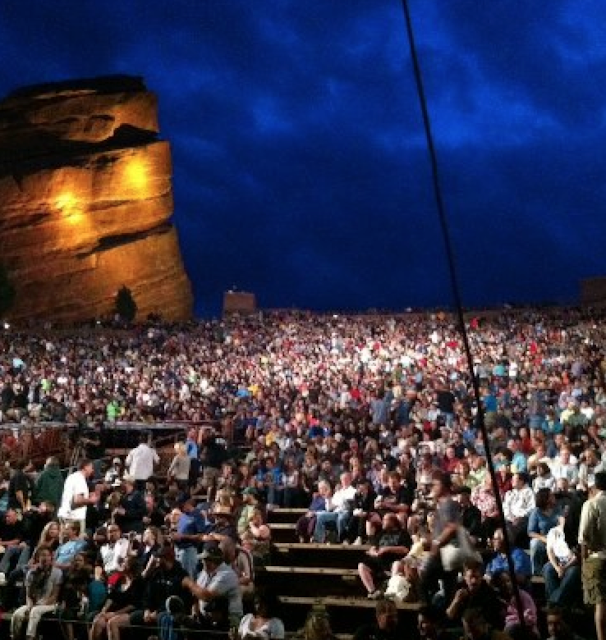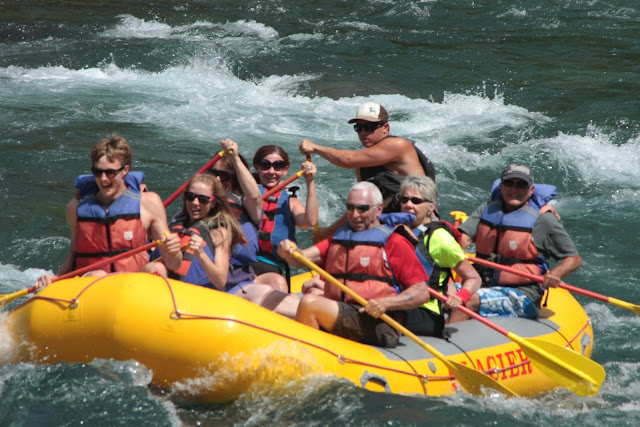With construction begun in 1948, the Crazy Horse monument in South Dakota has only a face to show for the decades of blasting and work done so far.
CRAZY HORSE, S.D. — It was to be the largest sculpture in the world: a granite portrait of a Sioux leader on horseback whittled out of a mountain in the Black Hills here. In scale and complexity, the carving would dwarf the imposing collection of presidential profiles on nearby Mount Rushmore.
As he started the Crazy Horse monument in 1947, short on money, manpower and the credulity of just about anyone who heard his plans, Korczak Ziolkowski, a sculptor from Connecticut, promised the tribal leaders who had recruited him and the local residents who scorned him that he was dedicating his life to the effort.
But he underestimated the scale of the undertaking. His promise, it turned out, was a multigenerational commitment.
The sprawling country clan Mr. Ziolkowski reared at the base of the mountain has spent the 30 years since his death honoring his final plea to continue the effort, to which he supposedly added, “But go slowly, so you do it right.”
Now led by his 85-year-old widow, Ruth, with the help of their 10 children and, more recently, their grandchildren, this eccentric family effort has plodded forward through doubts and controversy at a deliberately slow pace.
As the mountain carving effort begins its 65th year as one of the top tourist attractions in the state, few family members are deterred by their doubt that any of them will live to see it to completion.
“It’s their dream, and they’re going to get it done,” said T. Denny Sanford, a businessman and philanthropist who recently donated $10 million to the project. “I don’t care if it takes another 100 years.”
Now grooming her children to take over, Ms. Ziolkowski, who still lives in the ascetic confines of the log cabin she helped build when she arrived here at age 20, remains the driving force behind the project that many assumed would founder when her husband died.
Instead, her focus on demonstrating progress on the mountain by completing the warrior’s face put to rest much of the persistent skepticism. Admission revenues ($3.8 million in 2010, thanks to a $10 entry fee paid by most adults) and donations ($19 million in the last five years) have reached record levels, according to the foundation.
The grandmotherly demeanor that Ms. Ziolkowski uses with strangers masks a fierce, almost obsessive dedication, family and employees said. She personally answers every phone call to the foundation, writes a thank you letter for each donation, and almost never strays out of sight of the mountain.
And while she eagerly shares her time-smoothed stories, some of which seem closer to myth than fact, she has learned from the mistake of her husband — who boldly predicted that the project would take 30 years — to remain vague when asked for a timetable for completion.
“Yes, it was bigger and harder than he thought it was going to be,” she said. “But we’ll keep working at it.”
The Crazy Horse Memorial, perhaps inevitably, is usually measured against Mount Rushmore, just 17 miles away. Despite past tensions, it has served as inspiration, training ground and occasional partner.
As the presidential busts were being completed in the 1930s, local tribal leaders pushed to include some tribute to Indian heroes as well, given the location: a disputed area that was granted to local tribes by treaty, then taken back after gold was discovered. But the request to add the face of Crazy Horse alongside Washington or Lincoln was declined.
Instead they enlisted Mr. Ziolkowski, who had been fired after working briefly on Mount Rushmore. His ambitious design, measuring 563 feet tall by 641 feet long, was of a warrior with flowing hair and an outstretched arm, sitting on horseback. (Because no authenticated photograph of Crazy Horse is known to exist, there have been complaints about historical accuracy.)
Although the idea originated with Indian leaders — “this is to be entirely an Indian project under my direction,” Henry Standing Bear, a Lakota chief, wrote in a 1939 letter to the sculptor — Mr. Ziolkowski discovered after his arrival that the local tribes had little to give, either in money or labor, Ms. Ziolkowski said.
Instead, the effort was family driven, supported by donations, tourists and a small livestock operation on land they bought themselves.
We all enjoyed our visit to the memorial and one day I hope to return to see the progress.




























































